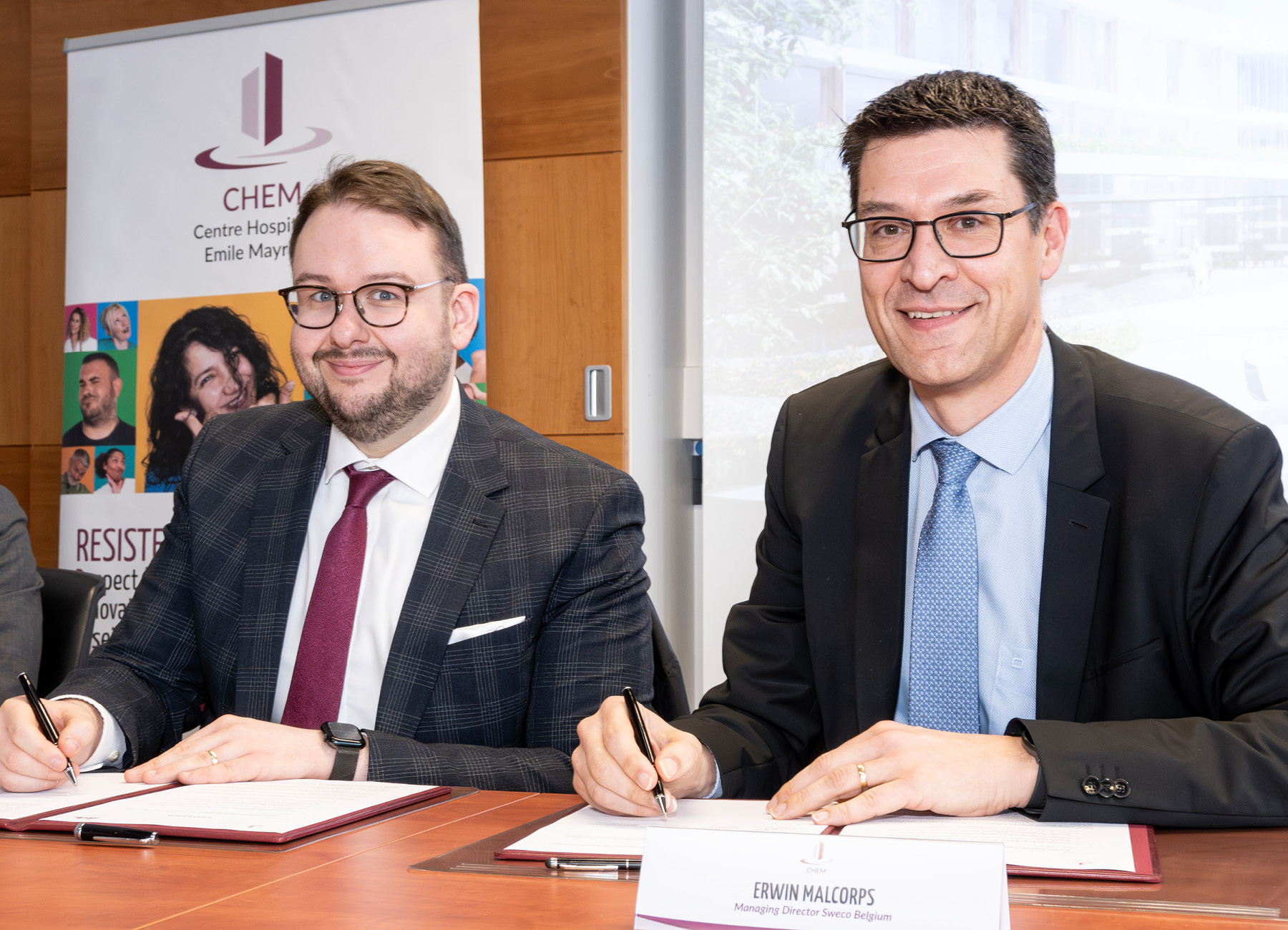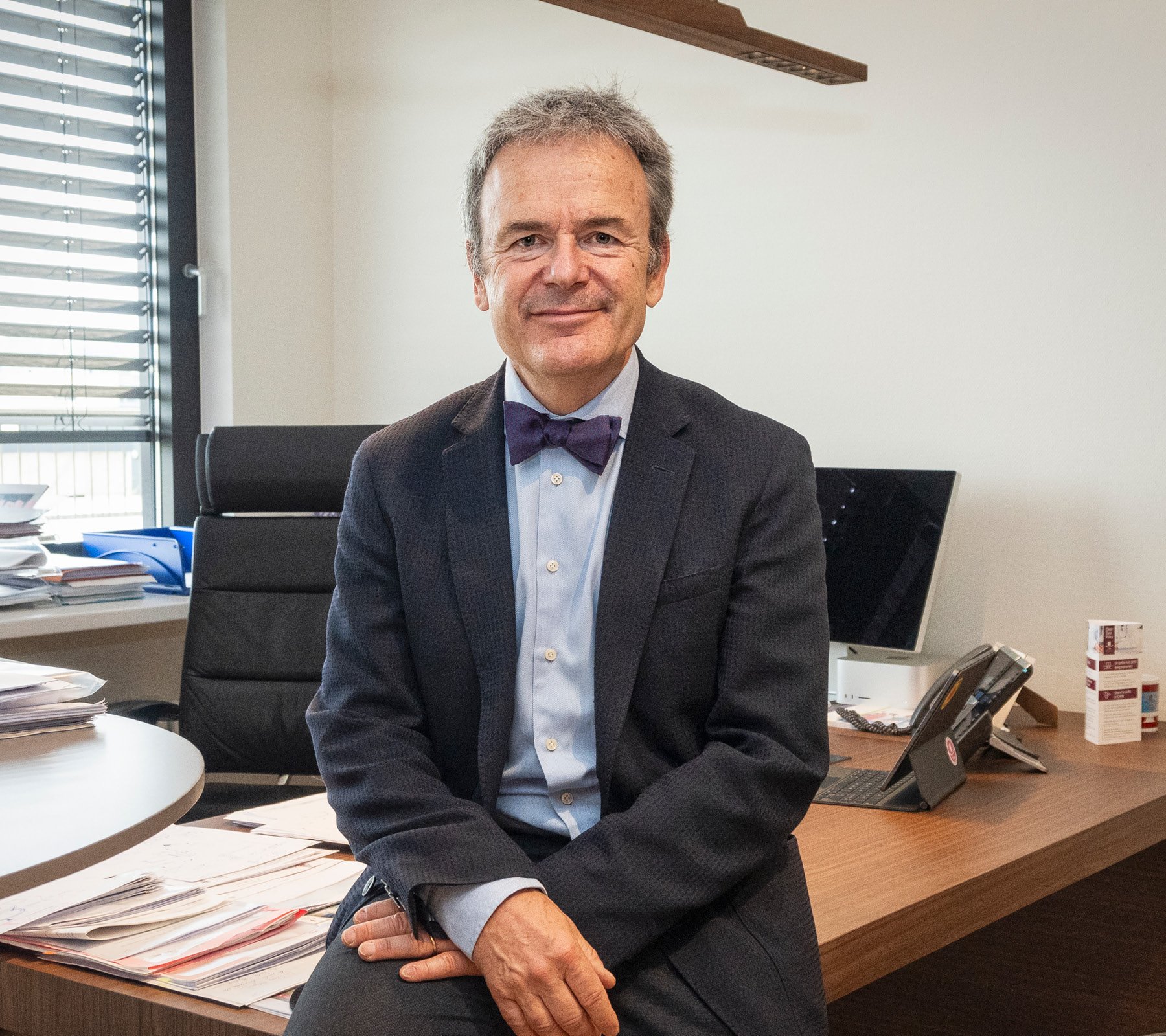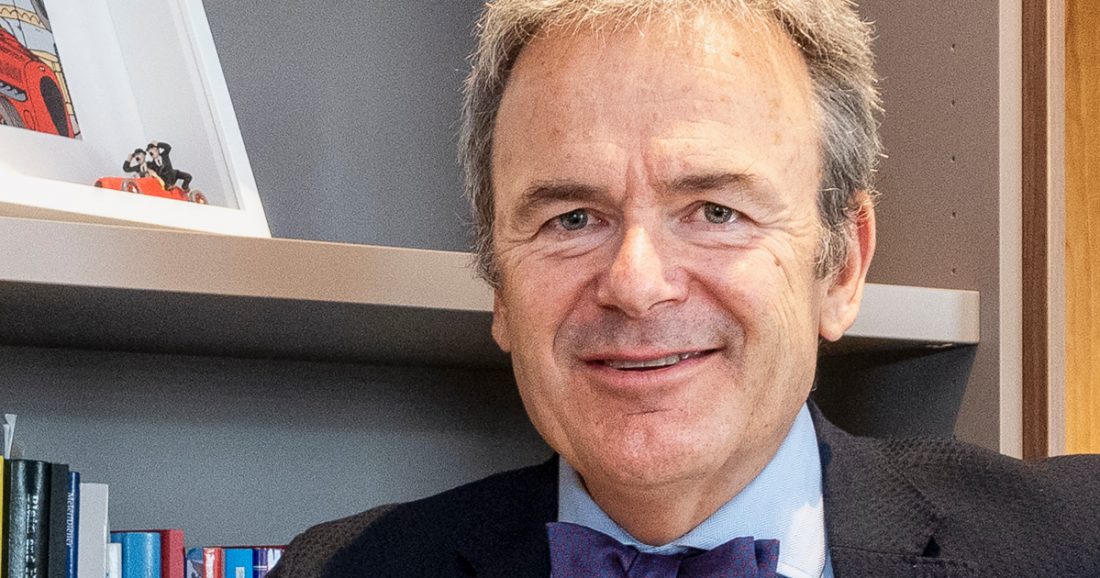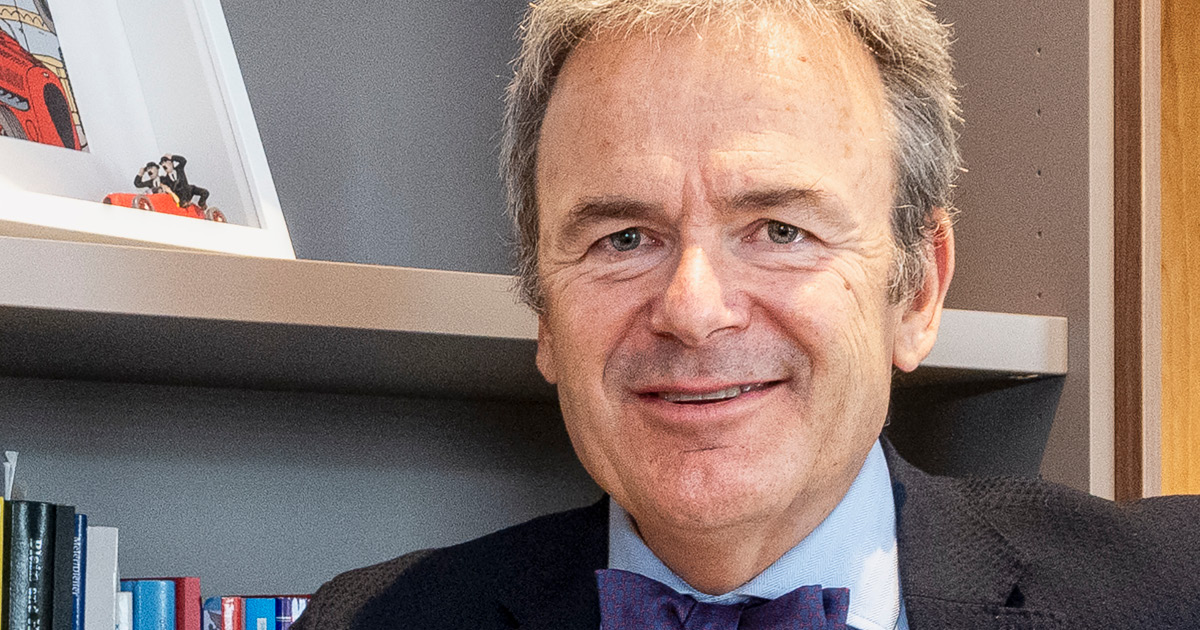When Réné Metz joined the Centre Hospitalier Emile Mayrisch (CHEM) in Esch-sur-Alzette in southern Luxembourg as CEO in February 2021, one of his most pressing issues was a subject a world away from his background in neurology. “I needed to find a new architect,” he tells The CEO Magazine.
It might seem like an unlikely matter for the neurologist to be charged with, but CHEM was already seven years into the biggest undertaking in its nearly hundred-year history – the construction of an innovative new hospital complex that would regroup its three existing sites in an entirely new location in Luxembourg’s second-largest city.
The project, called Südspidol, promises to be a vision of the future: not just in terms of an avant-garde design, but also in terms of state-of-the-art medical care that delivers added value for the patient, economies in energy and creates synergies with other institutions.
The hospital of tomorrow
The only problem was that, around the time Metz started, was that the hospital had just parted ways with the Austrian architect who had been engaged to design the new hospital center, citing management concerns and project delays.
Ticking off the first task on his C-suite to-do list didn’t happen overnight, but in early 2024, CHEM announced a new architectural partner for Südspidol – the Swedish architecture and engineering consultancy, Sweco.

“From the very beginning, I’ve been interested in how hospitals were organized.”
Now the project is back on track and the new hospital is projected to be operational by 2033, with a capacity to accommodate up to 600 patient beds. Metz hails it as the hospital of the future, and one founded in egalitarian values.
A curious mind
Metz is equally as passionate about management as he is medicine, especially when it involves the intersection of the two subjects. The Luxembourg native, who undertook his medical training in Belgium and has also studied at the Harvard Medical School and Centre Hospitalier Universitaire Vaudois in Lausanne, spent nearly 25 years practicing neurology at the Centre Hospitalier Luxembourg (CHL) in Luxembourg City.
“From the very beginning, I’ve been interested in how hospitals were organized,” Metz explains.
This curiosity led to him becoming a member of CHL’s medical board and, eventually, its Assistant Medical Director.

Advertisement
The chance to join CHEM was a natural progression for Metz’s career. “When I got the call from the headhunter asking if I would be interested in being CEO of a hospital, I quickly replied yes,” he says. “It’s logical, considering my CV.”
He was also excited about the prospect of joining a hospital whose IT department was considered a leader in Europe. “CHEM was the first hospital in Luxembourg to have paperless prescriptions,” he explains. “In my previous hospital, we were kind of envious because we didn’t have that.”
Current innovations include an iPhone app for patients to make appointments – the only hospital in Luxembourg to have such a platform – as well as a pilot project for medical devices that are linked to the 5G network. “Our IT department is very creative, they are even developing open software that has been adopted in other European countries,” he says.
People-first
As a CEO, shaping the country’s healthcare system for future generations is what motivates Metz every day. But he doesn’t let this draw his attention away from the challenges of the present. Earlier this year, the hospital obtained Joint Commission International accreditation in recognition of the quality of its care, placing CHEM among a select group of 600 hospitals in 70 countries.
The hospital, Metz continues, prides itself on its strong values, which are deeply rooted in its history. Named for Emile Mayrisch, the industrialist who masterminded the merger of three companies into steel and iron producer Arbed (since swallowed up in the creation of ArcelorMittal), CHEM’s first came into being as a clinic inside an Arbed factory near Esch-sur-Alzette.

“We have a very strong concept of solidarity and being part of our environment, our society and having a role to play in terms of health care.”
“We have a very strong concept of solidarity and being part of our environment, our society and having a role to play in terms of health care,” Metz says.
In particular, the hospital has a long tradition of helping the disadvantaged. “We have recently opened a house for people who are discharged from hospital with nowhere to go,” he explains. “It’s a very clear social engagement for us.”
Another essential community service the hospital provides, in collaboration with key partner SERVIOR, is house visits, which provide treatment and meals at patient’s homes. SERVIOR, a leader in the support and care for the elderly, also manages all the catering for CHEM, a contract that will transfer over to the new hospital complex when Südspidol opens.
There is a lot to keep Metz busy but he’s careful not to lose track of the human element of his hospital, encompassing nearly 2,000 staff members and 260 doctors who take care of 100,000 patients annually.
“Respecting each other and valuing the individual is important in every profession, but in health care, it’s particularly important,” he says. “We invest a lot in the wellbeing of our personnel.”




